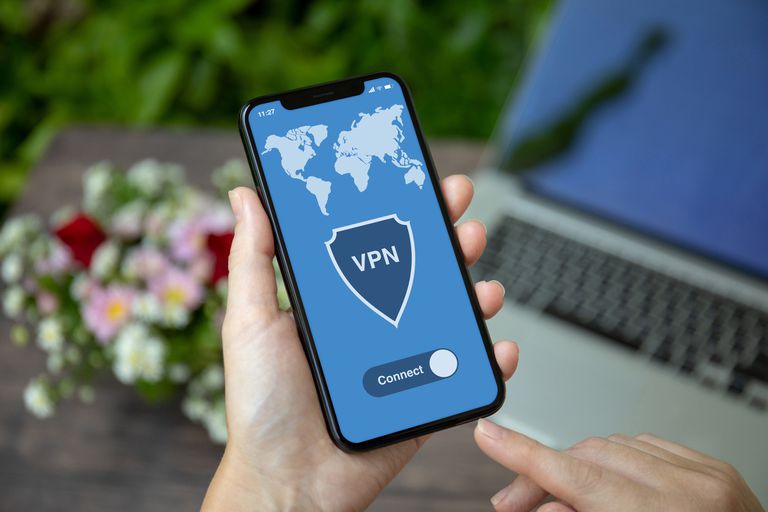


But VPNs also serve to hide your IP address, replacing the address logged on servers with one in a completely different location - even a different country. Fundamentally, most VPNs (virtual private networks) provide two services: They encrypt your data between two points and they hide the IP address (from which a general location can be derived) where you're located.įor those traveling or out and about, the first function is critical because most Wi-Fi available publicly is unencrypted - so anyone on the network can see what you were sending. To find the best VPN service for your personal needs, you'll need to compare brands, prices, features, and more. If you see inaccuracies in our content, please report the mistake via this form. If we have made an error or published misleading information, we will correct or clarify the article. Our editors thoroughly review and fact-check every article to ensure that our content meets the highest standards. Our goal is to deliver the most accurate information and the most knowledgeable advice possible in order to help you make smarter buying decisions on tech gear and a wide array of products and services. ZDNET's editorial team writes on behalf of you, our reader. Indeed, we follow strict guidelines that ensure our editorial content is never influenced by advertisers. Neither ZDNET nor the author are compensated for these independent reviews. This helps support our work, but does not affect what we cover or how, and it does not affect the price you pay. When you click through from our site to a retailer and buy a product or service, we may earn affiliate commissions. And we pore over customer reviews to find out what matters to real people who already own and use the products and services we’re assessing. We gather data from the best available sources, including vendor and retailer listings as well as other relevant and independent reviews sites.

ZDNET's recommendations are based on many hours of testing, research, and comparison shopping.


 0 kommentar(er)
0 kommentar(er)
